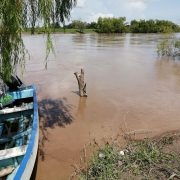#Myhabitatexperience – María Rosa Reyes
Hello! My name is María Rosa, Im 30 years old, born and raised in Quetzaltenango, Guatemala and have been working with Habitat Guatemala for over 9 years! I am currently in charge of IRD communications.
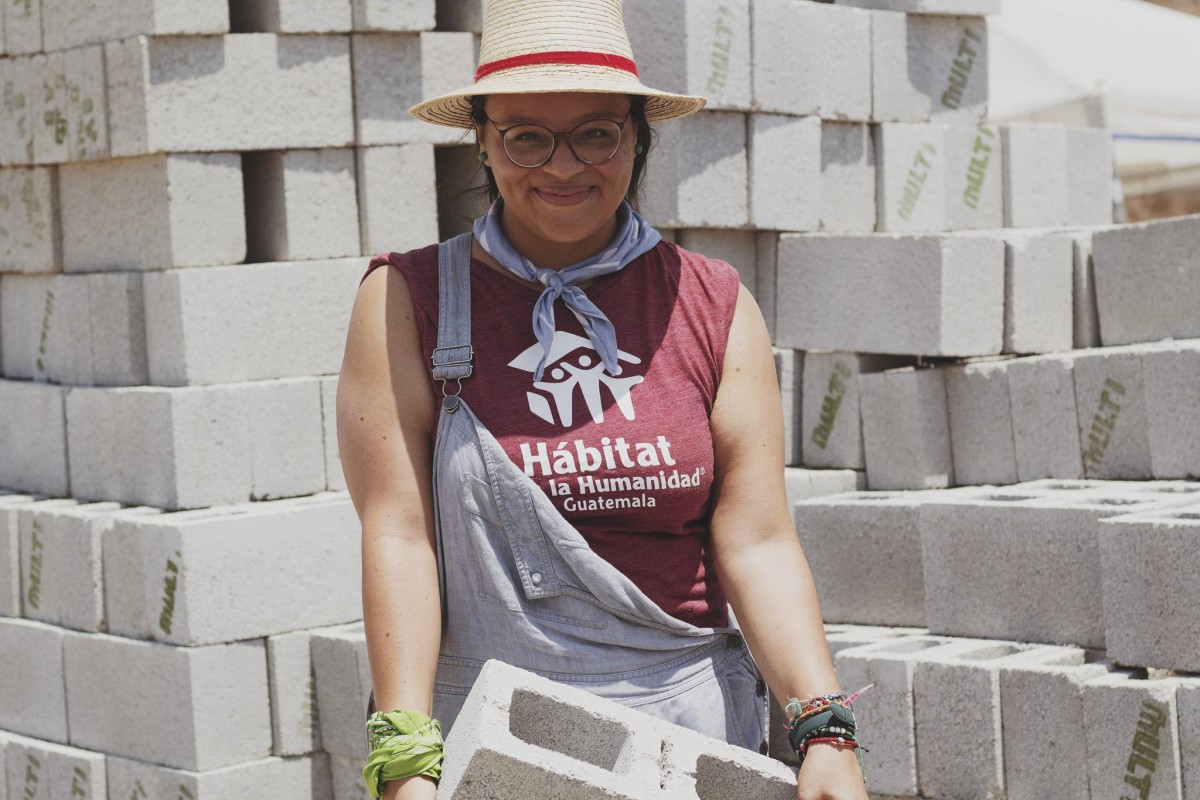
Why Habitat Guatemala?
Because Habitat provides families with different tools to improve their quality of life, it is not a paternalistic NGO at the contrary, families that we work with have to always give something back, and for me that is the best way to improve the country, if everyone shares a part of the work. My former boss, don Luis (RIP) “show them how to prepare the tortilla, do not just handle it to them.” Adding to that, the fact that there are still many people helping others to improve, gives me hope in humanity.
What do you like the most about your position?
What I love the most about my job is being able to visit all our partner families in their new homes or with their new housing solutions and being able to witness how their lives have improved. They joy and proud reflected in their faces, that for me, is what gives meaning to my job. Being able to witness the mixture of cultures when our GV volunteers come to build with Guatemalan families and share with them our culture is one of my favorite things to do!
A message to the Habitat community
Thank you all for your continuos support to Habitat Guatemala. During these years I have met so many wonderful people! I hope to continue working with all of you in order to build a better Guatemala!
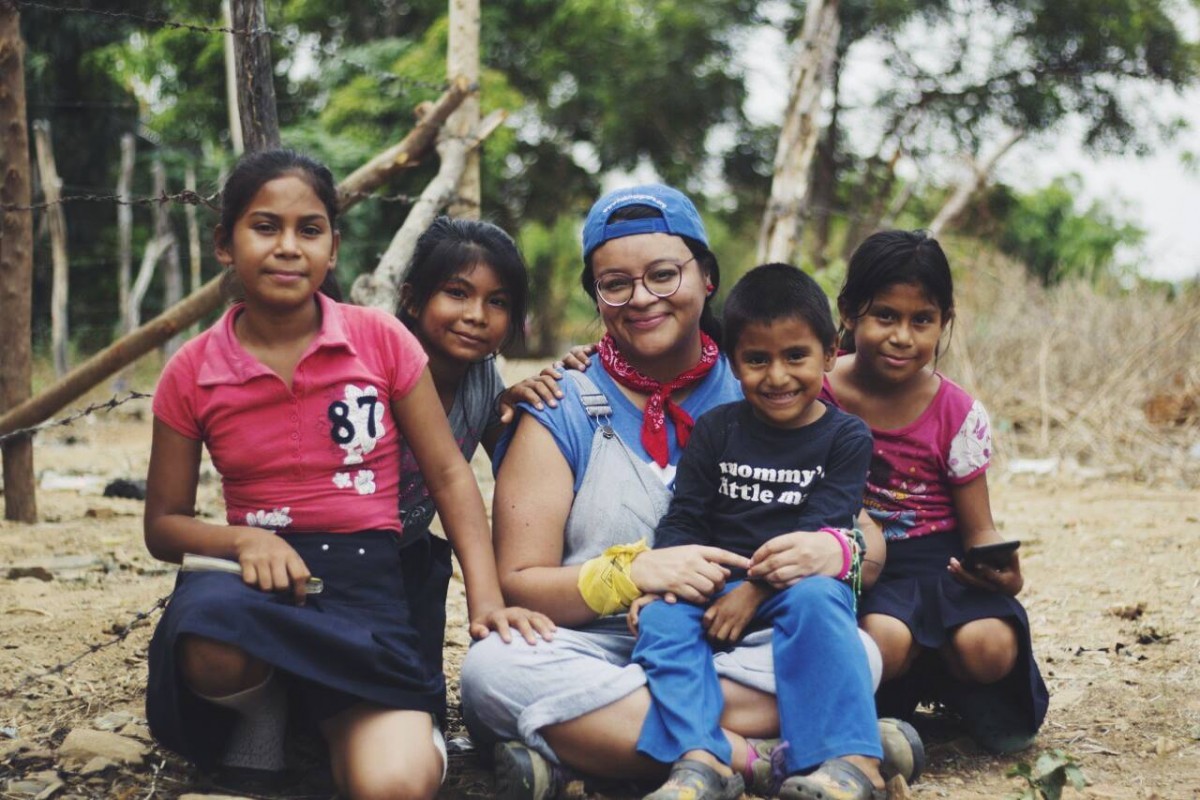
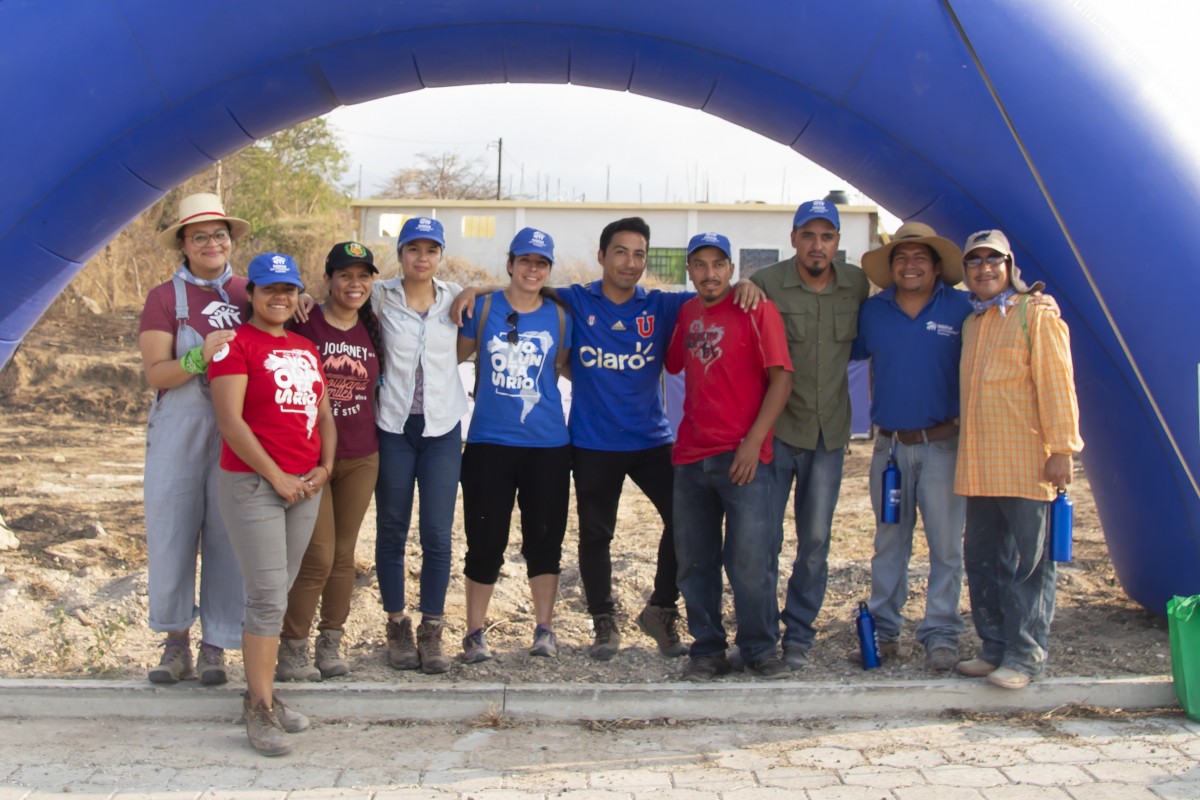

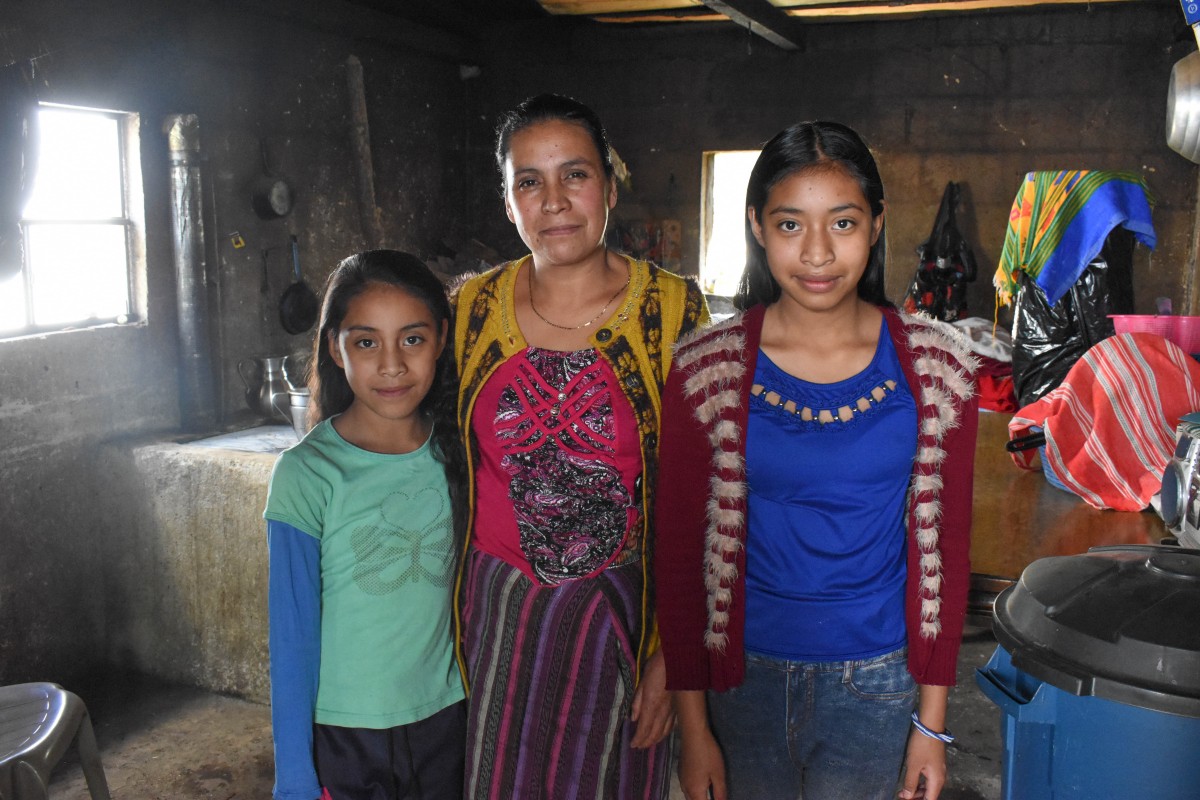
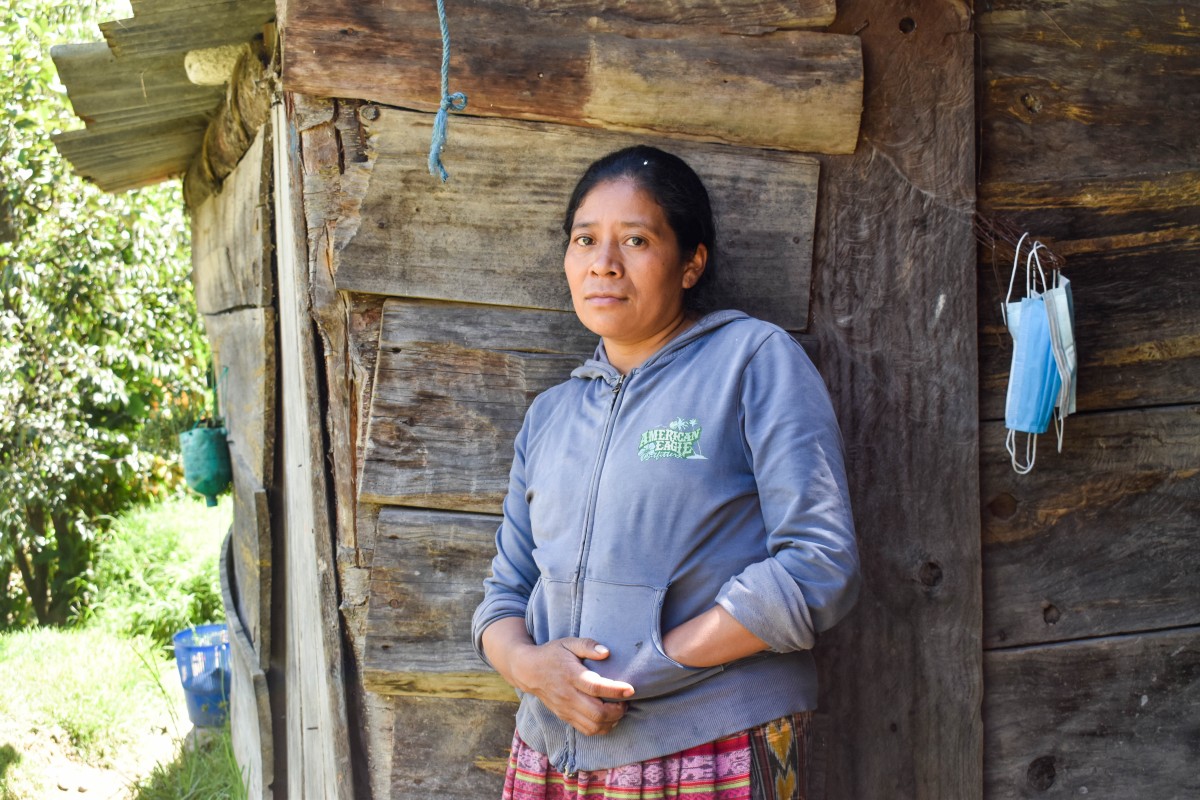
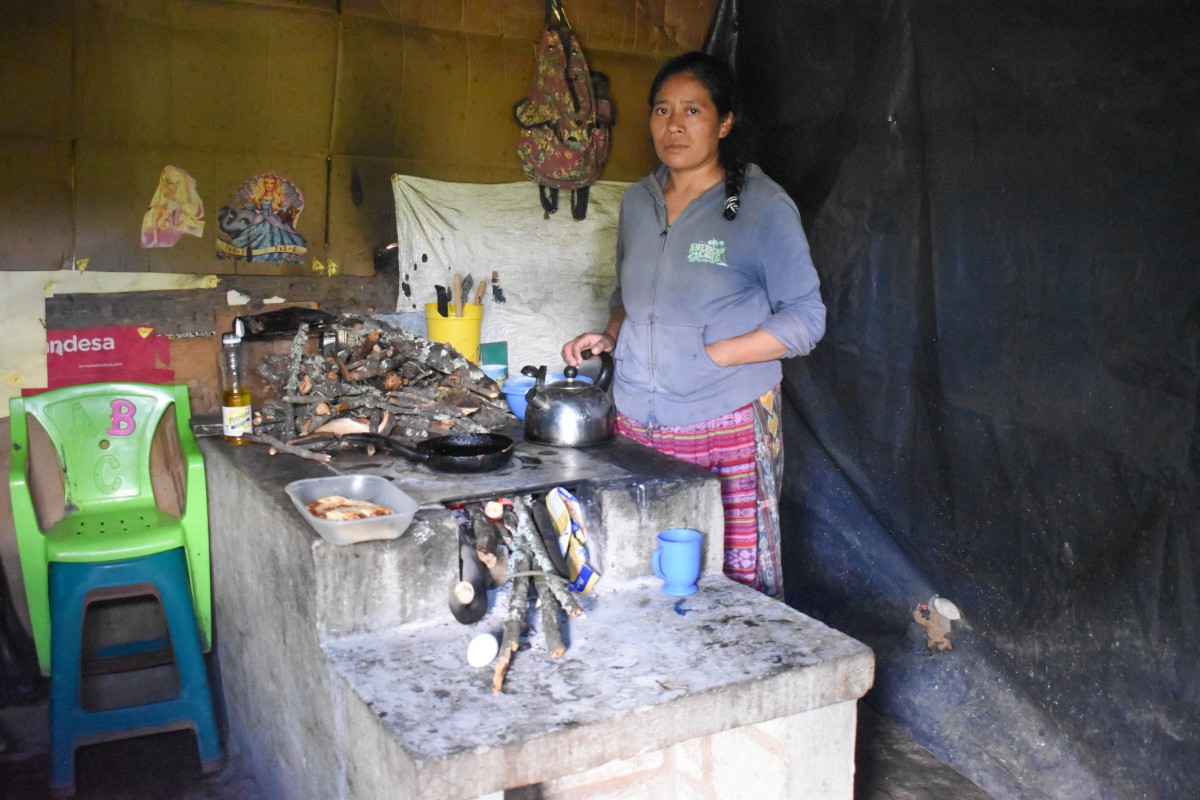
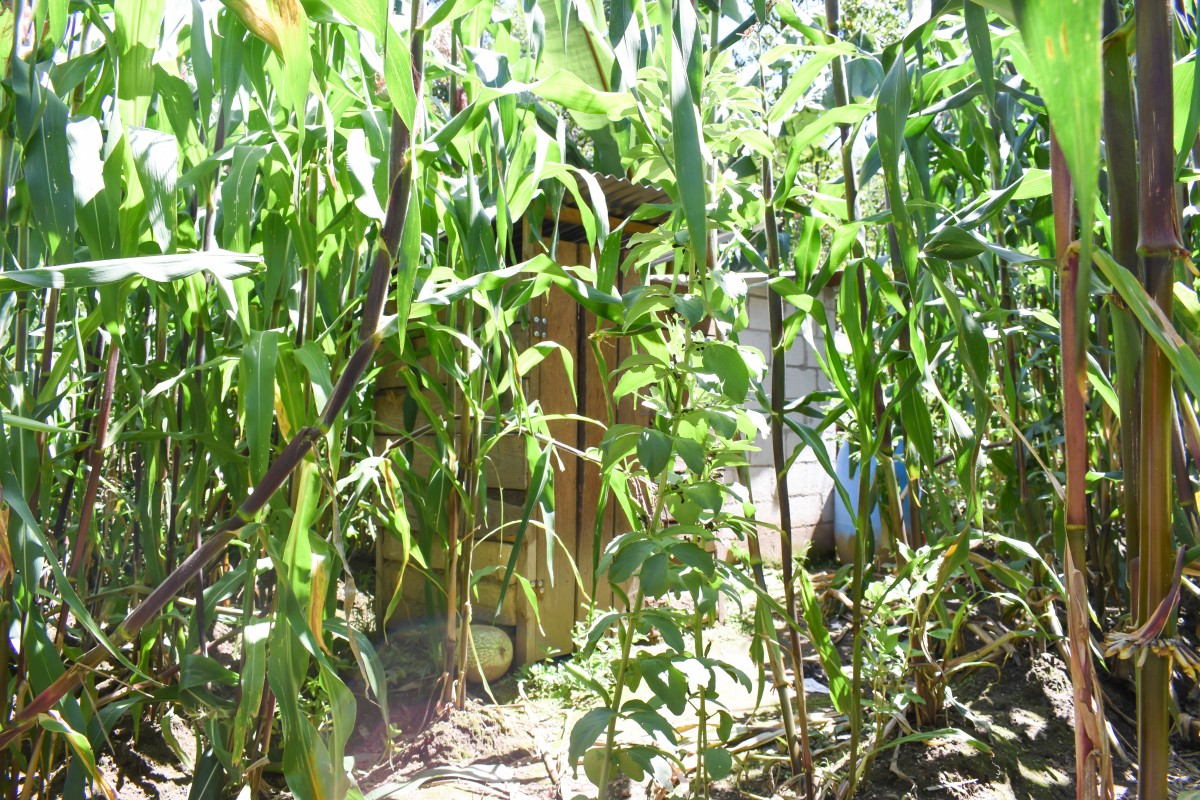
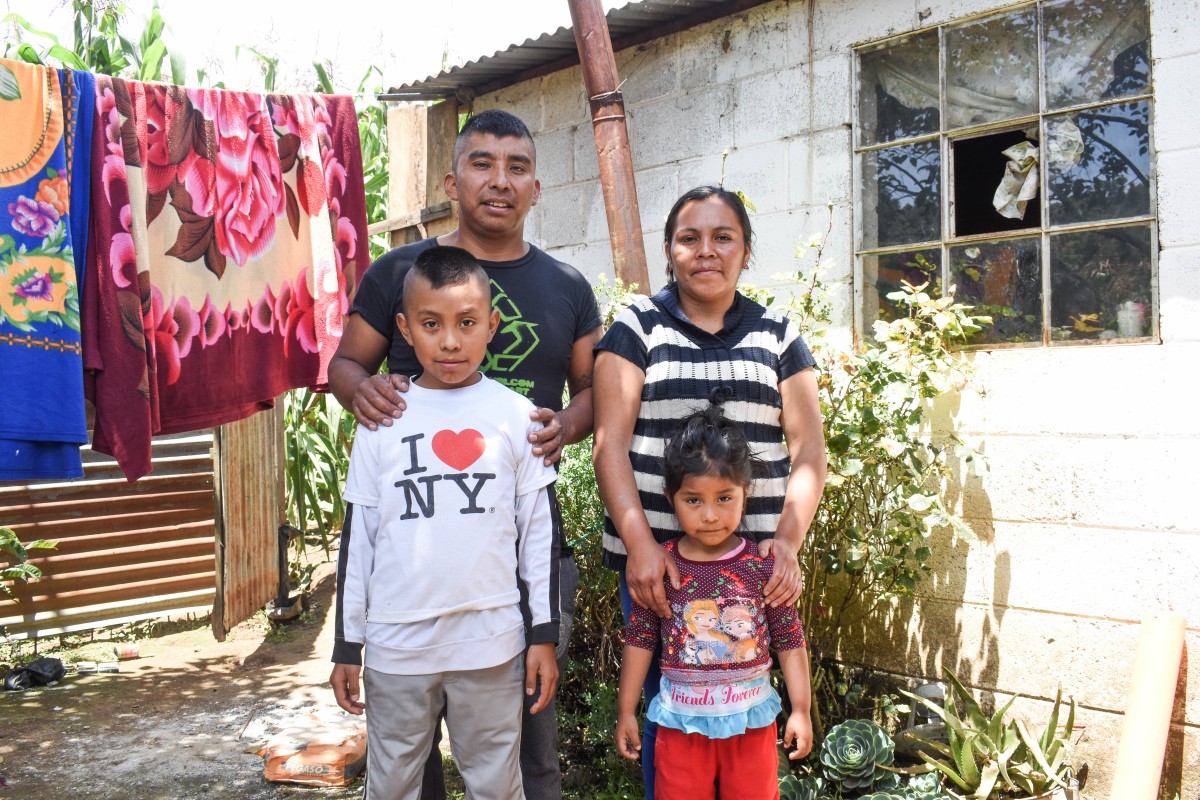
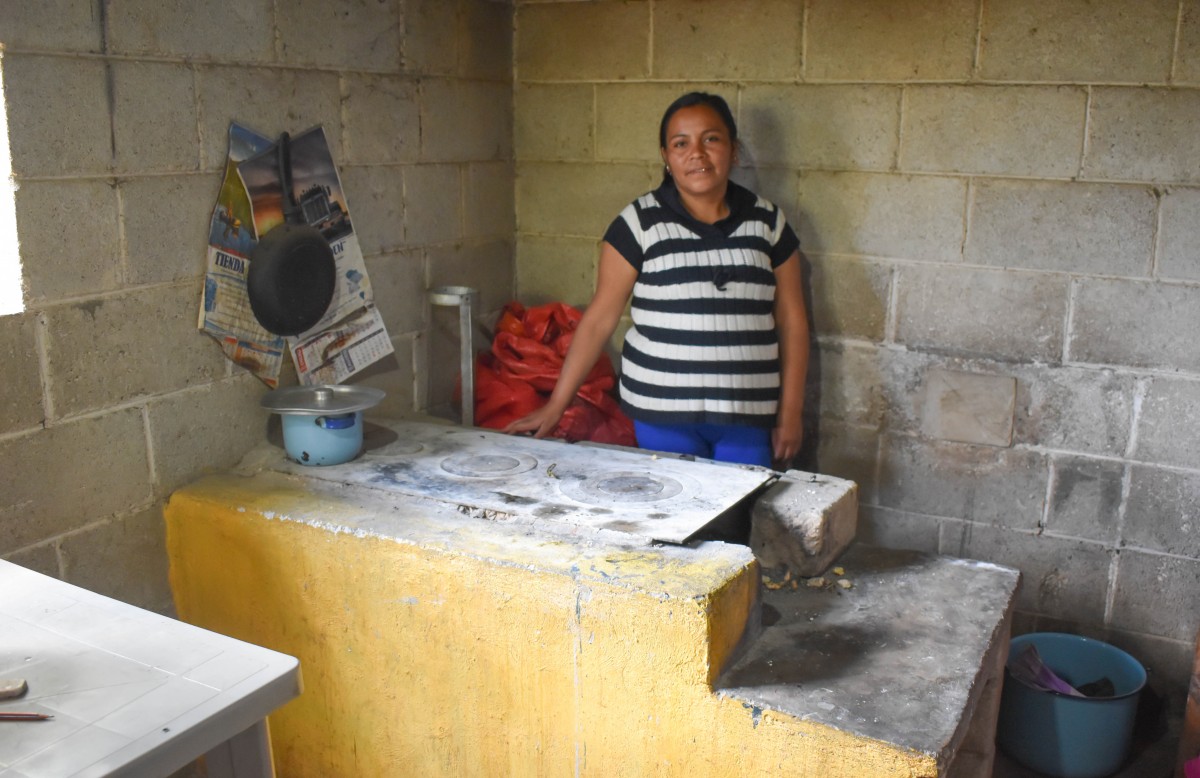
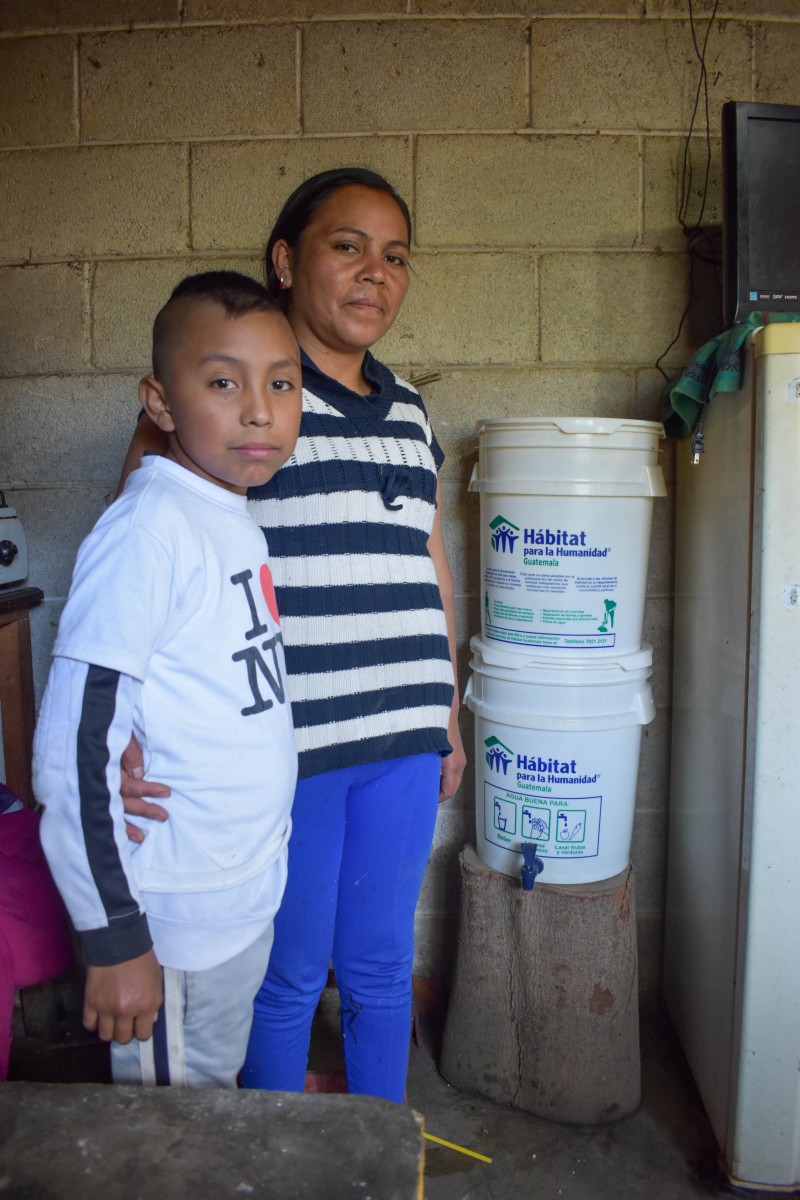
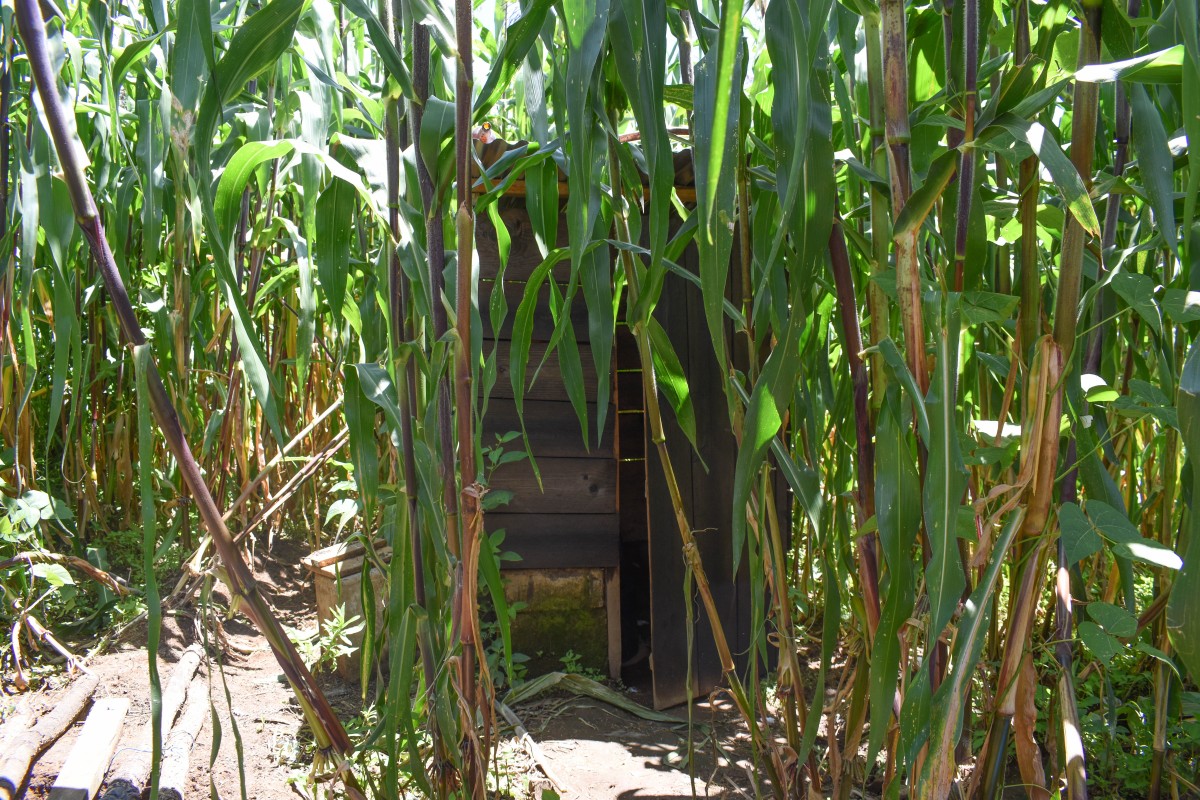
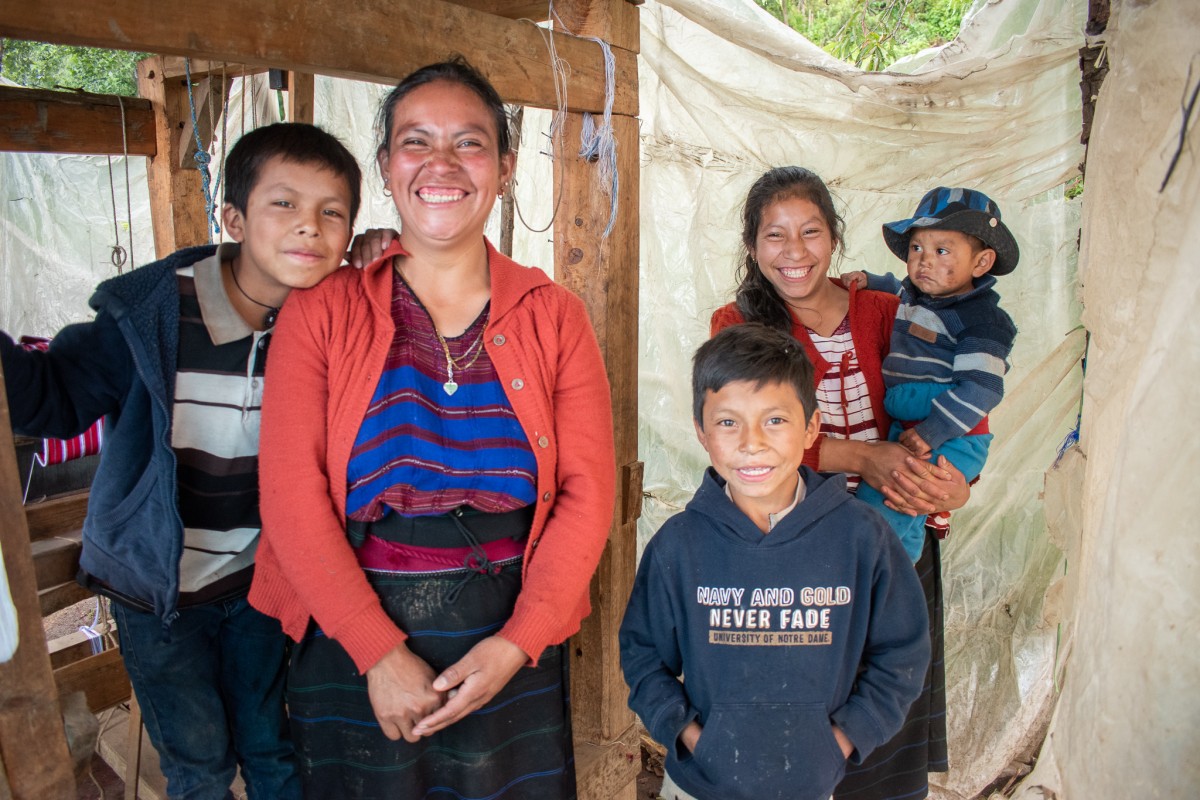
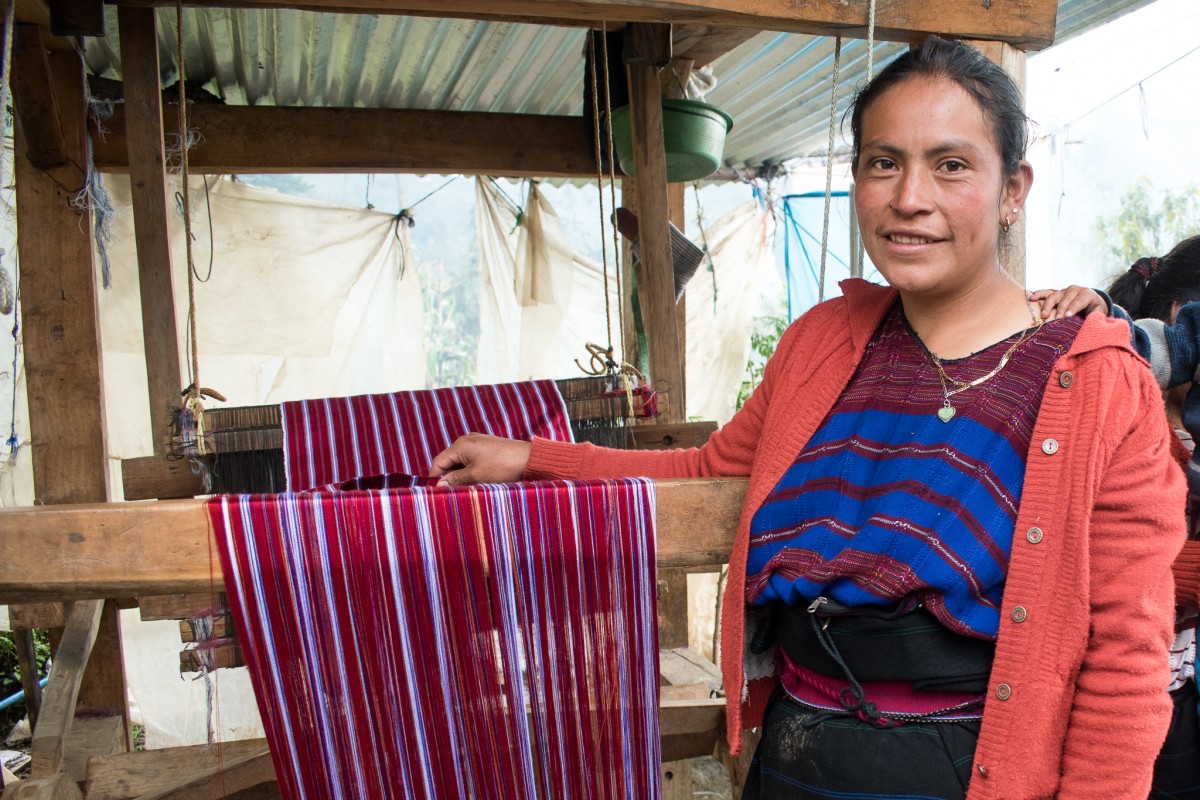
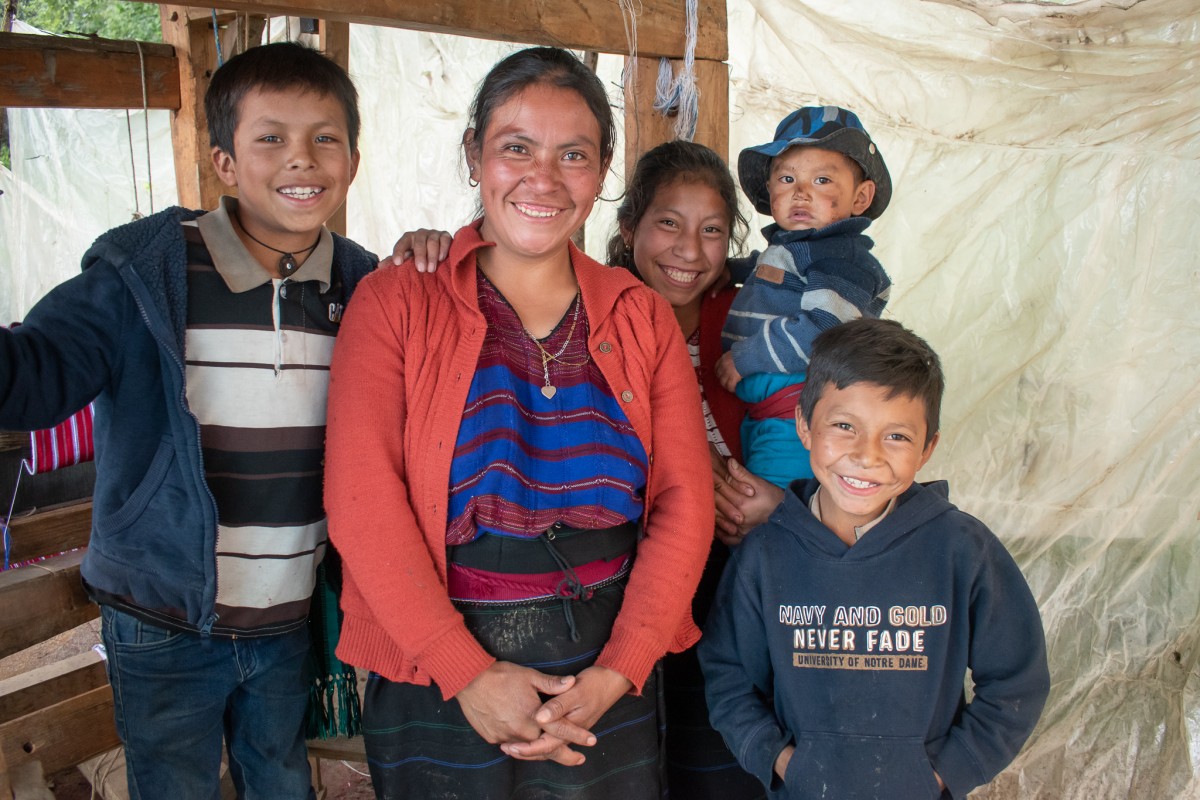
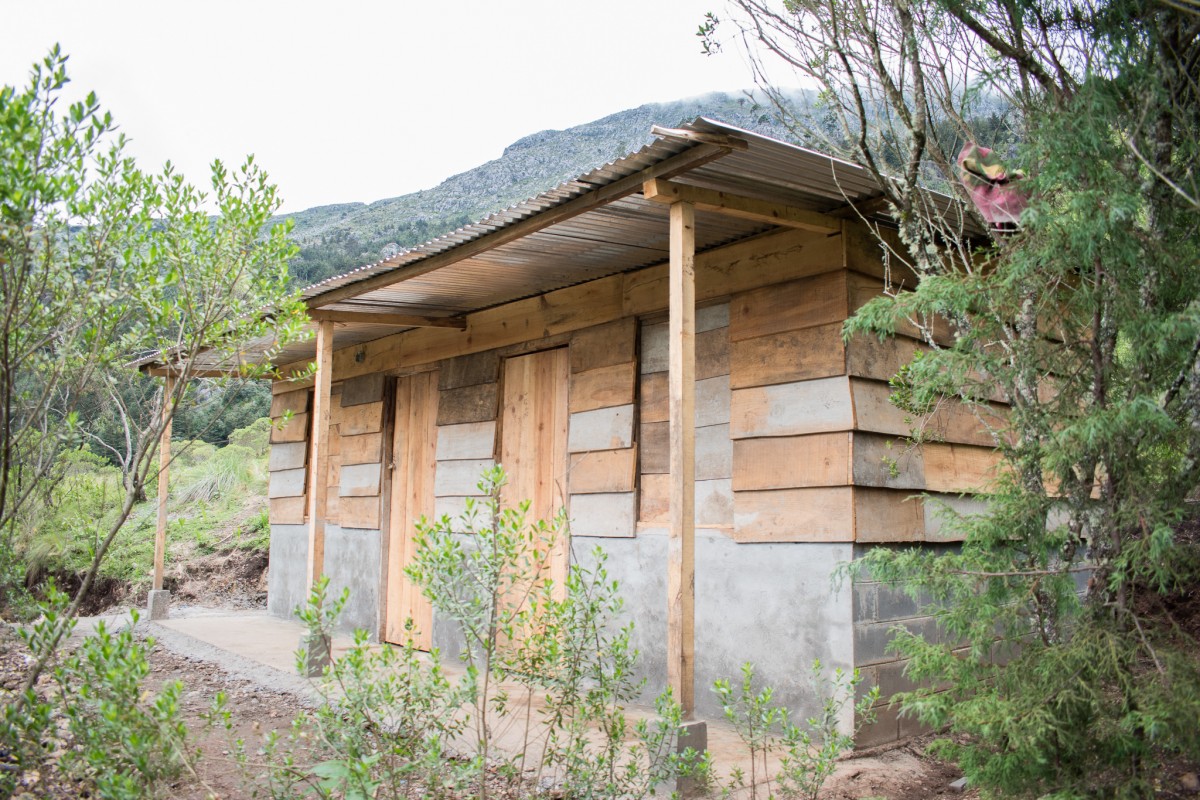
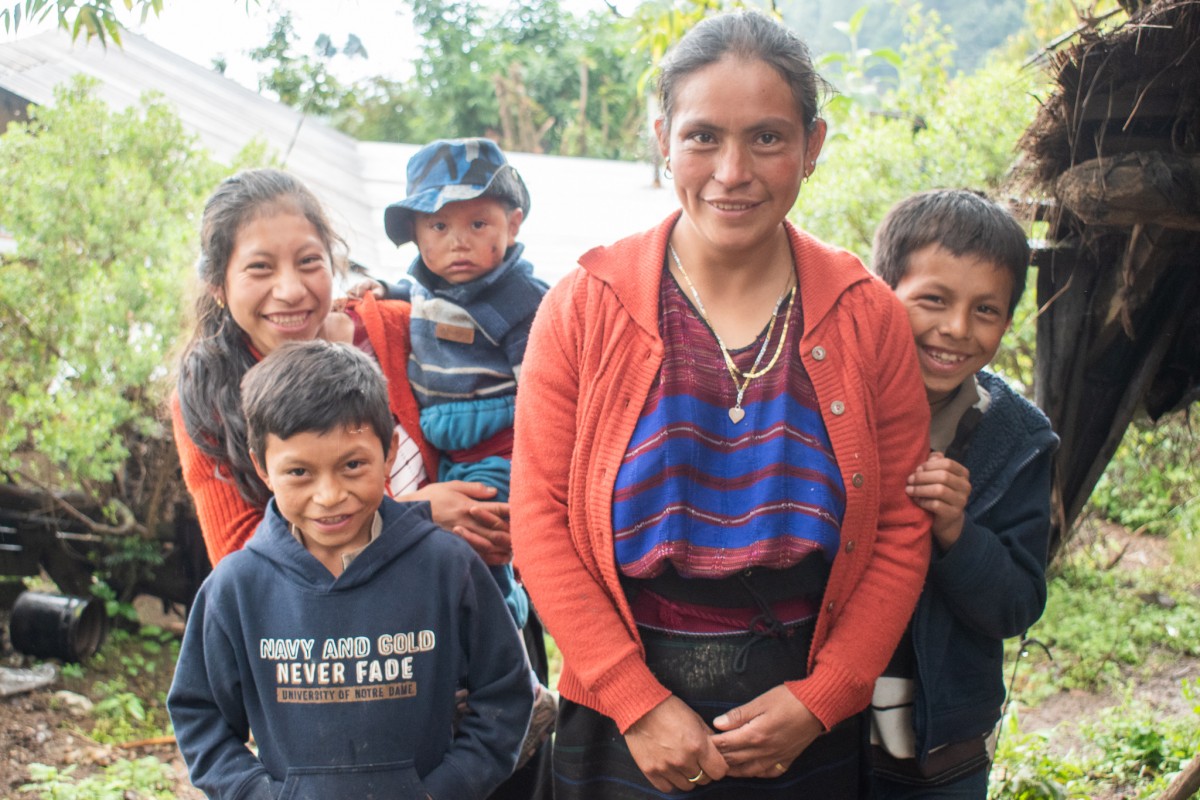
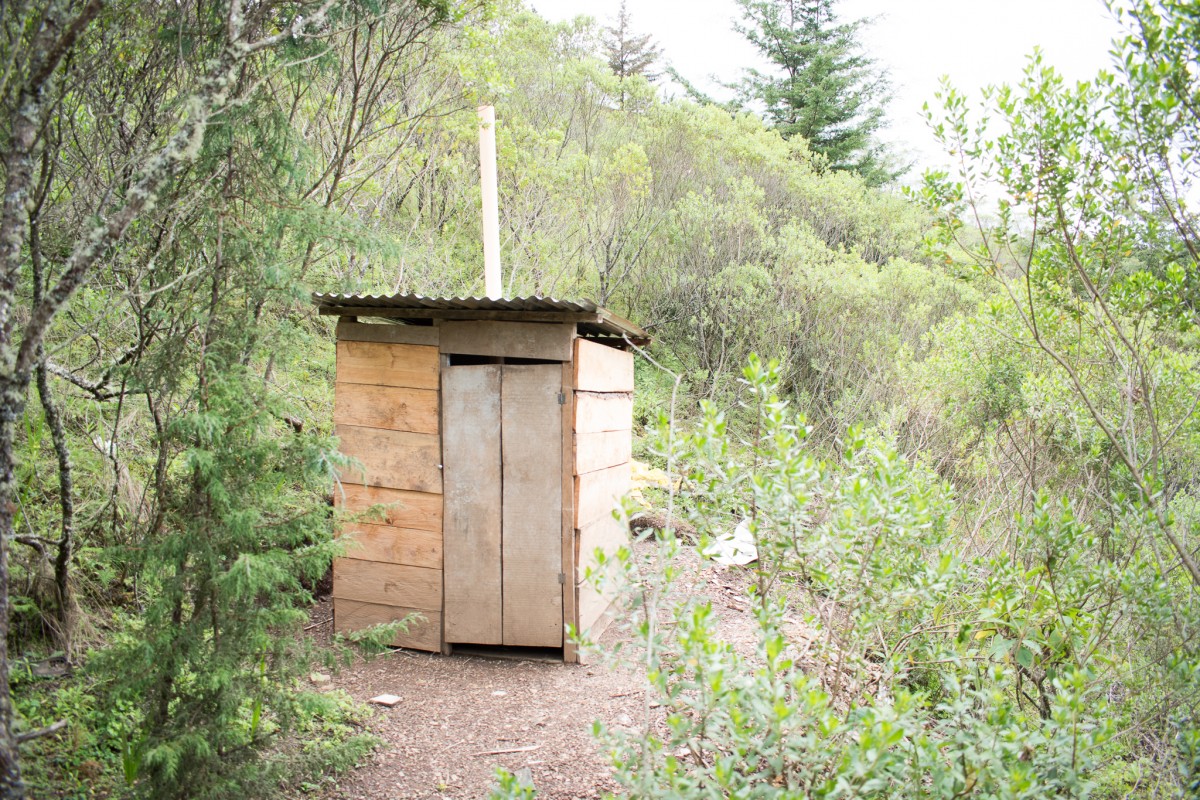
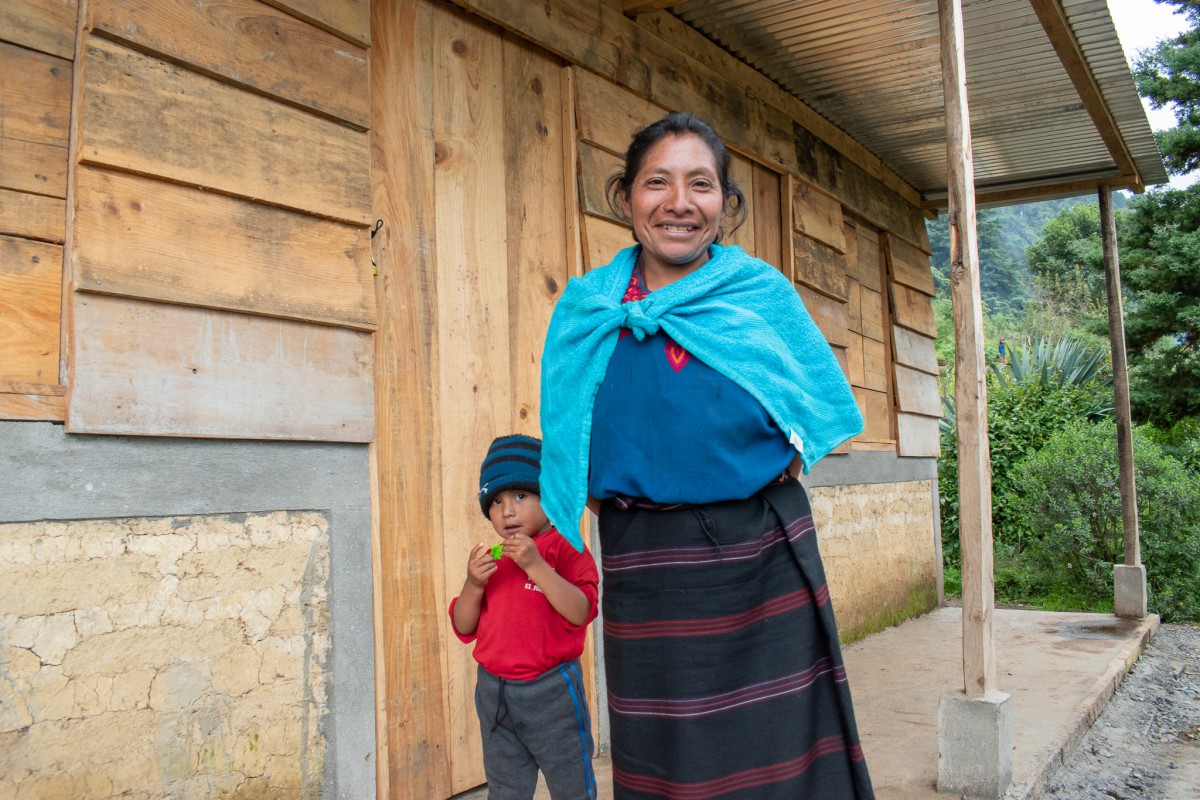
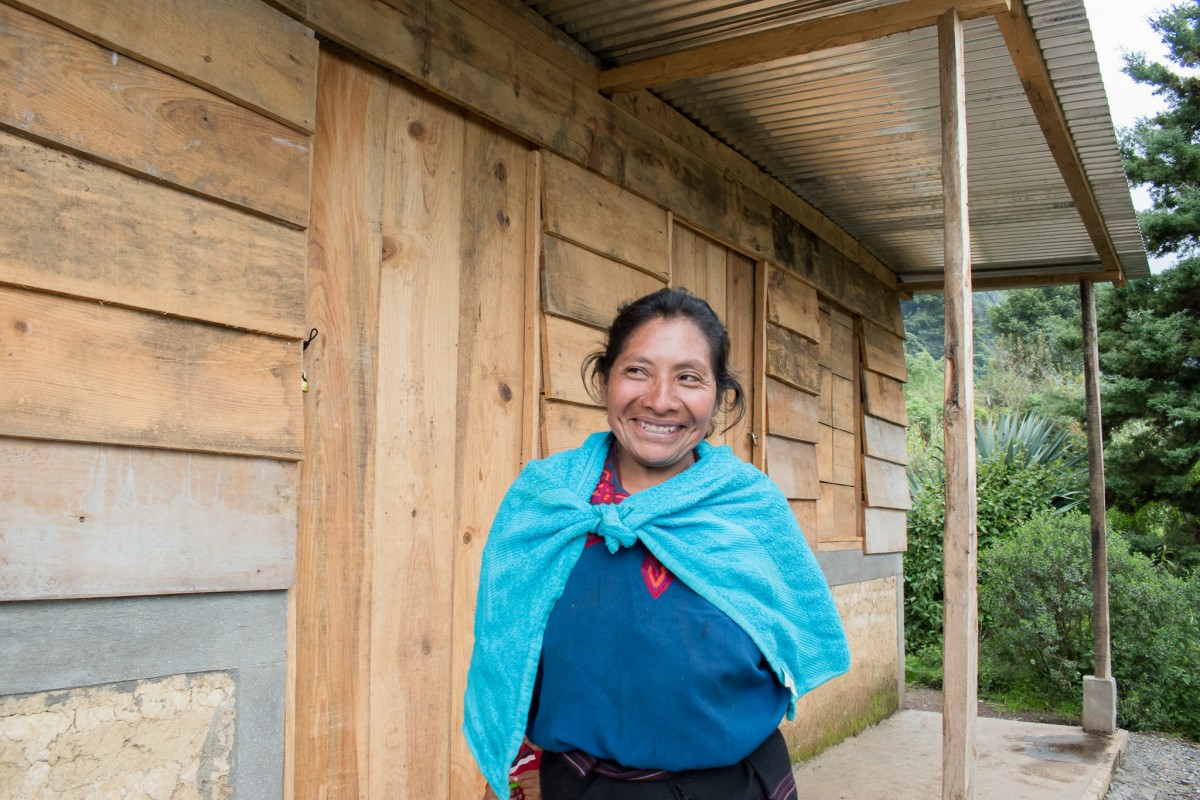
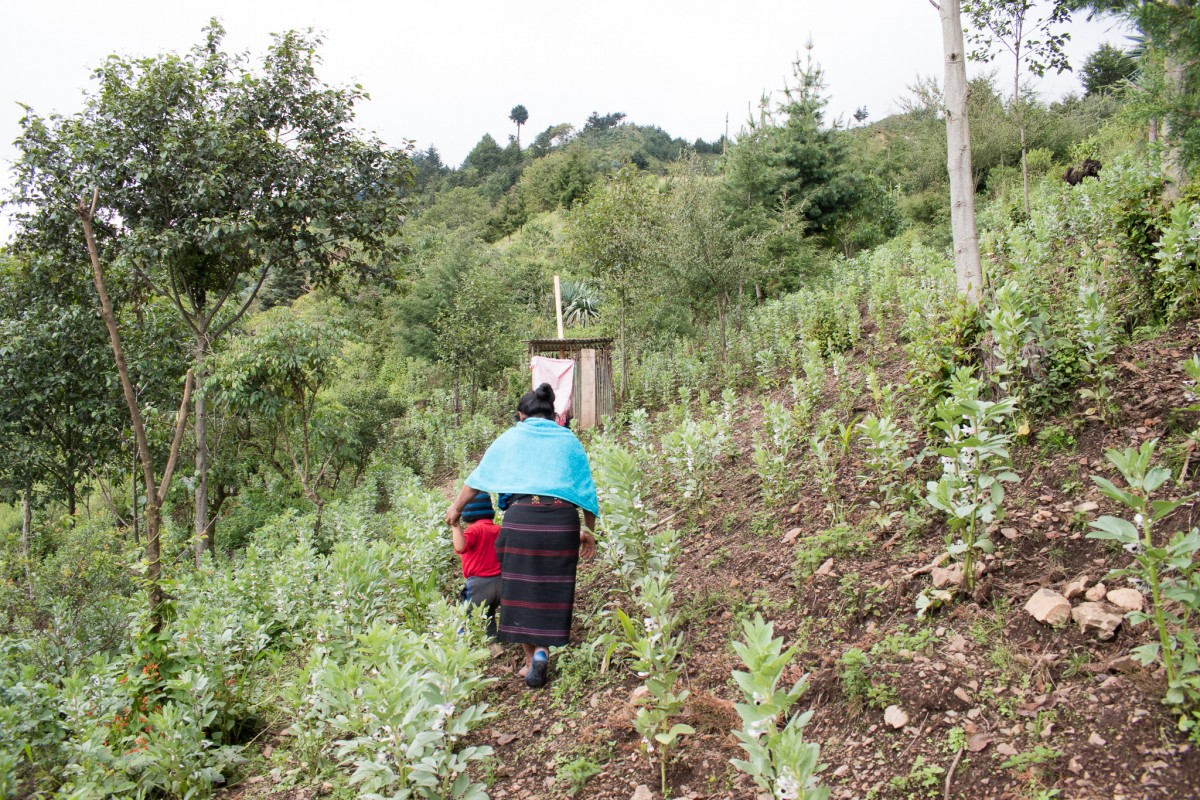
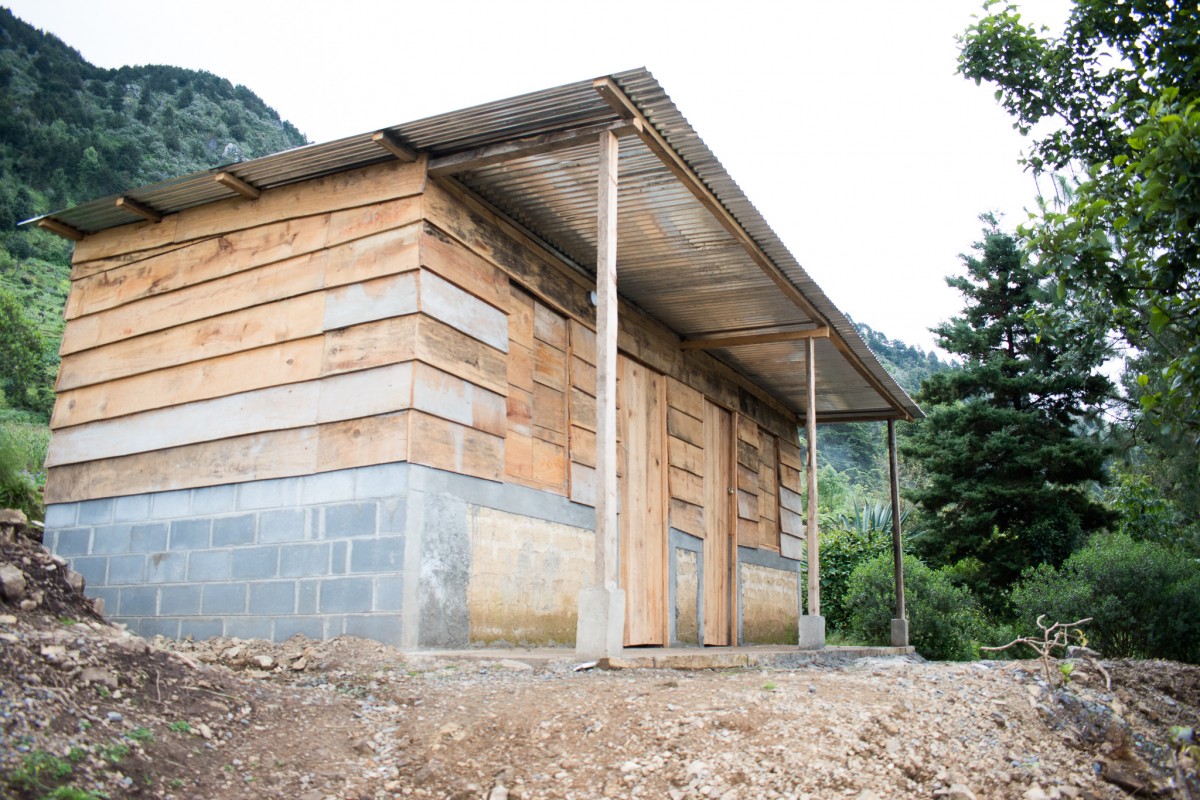
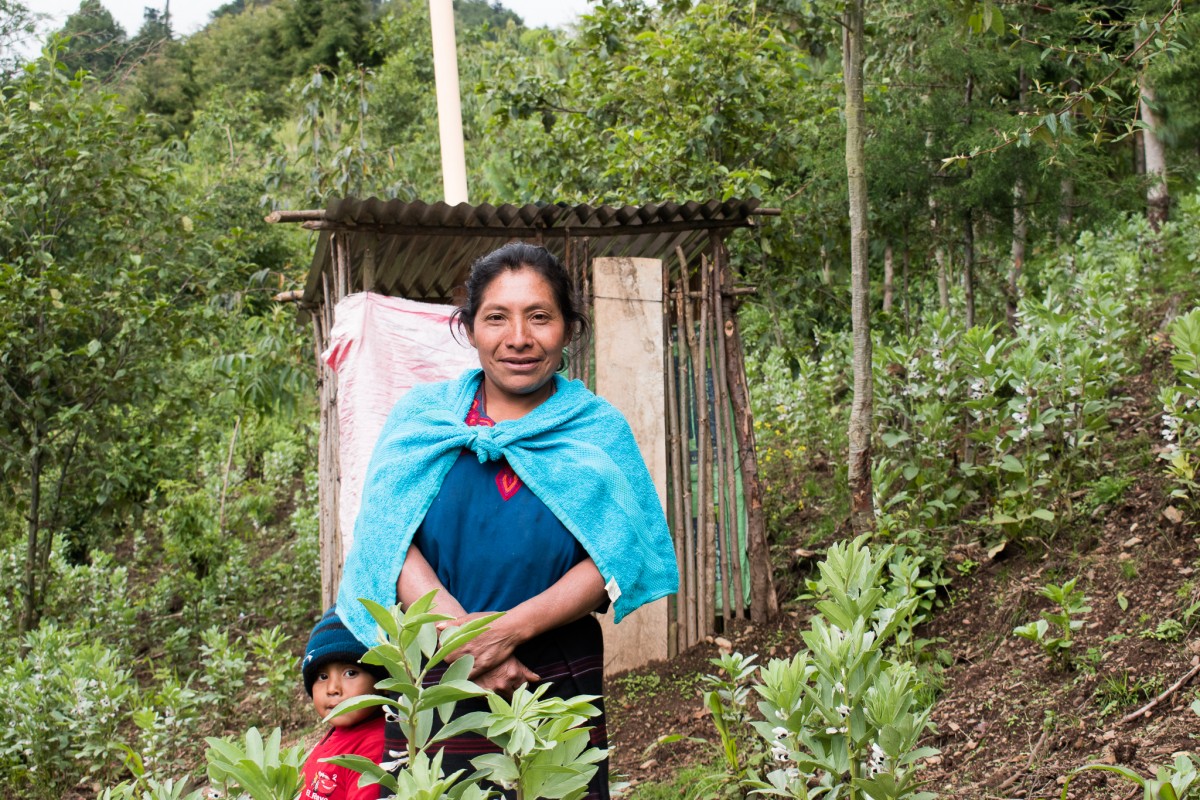
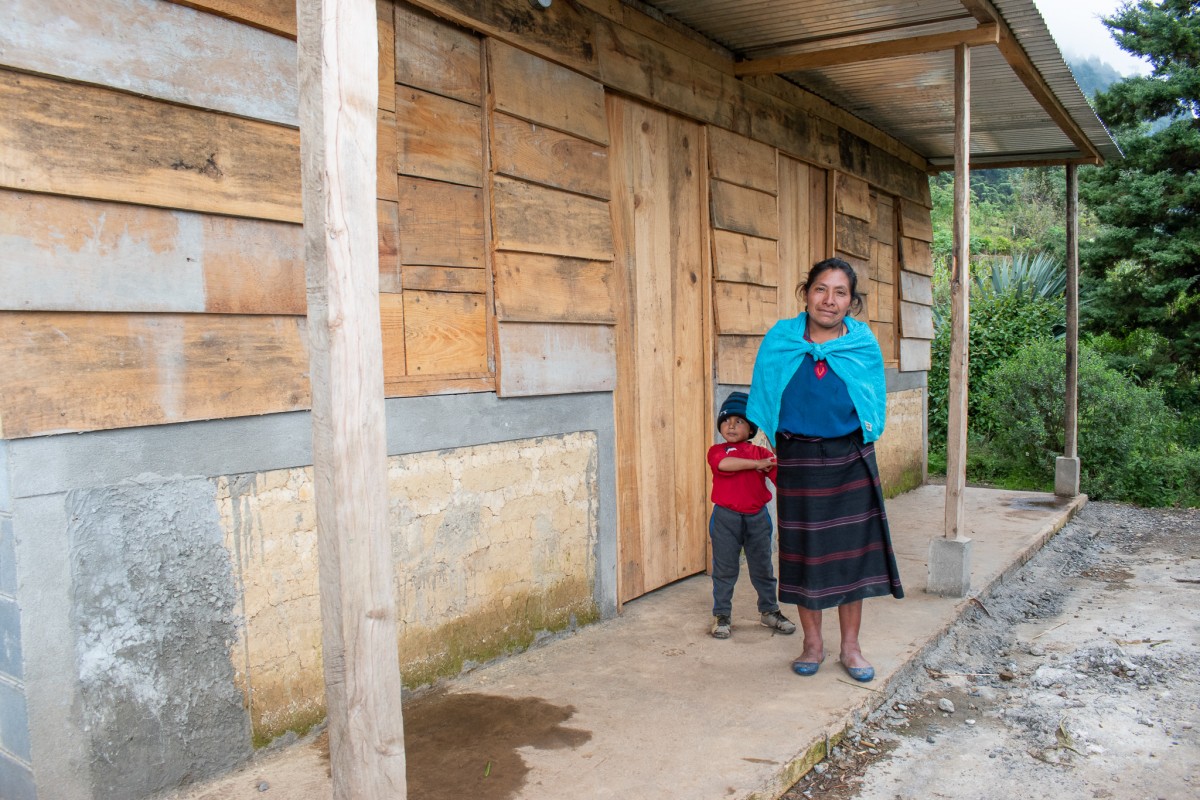
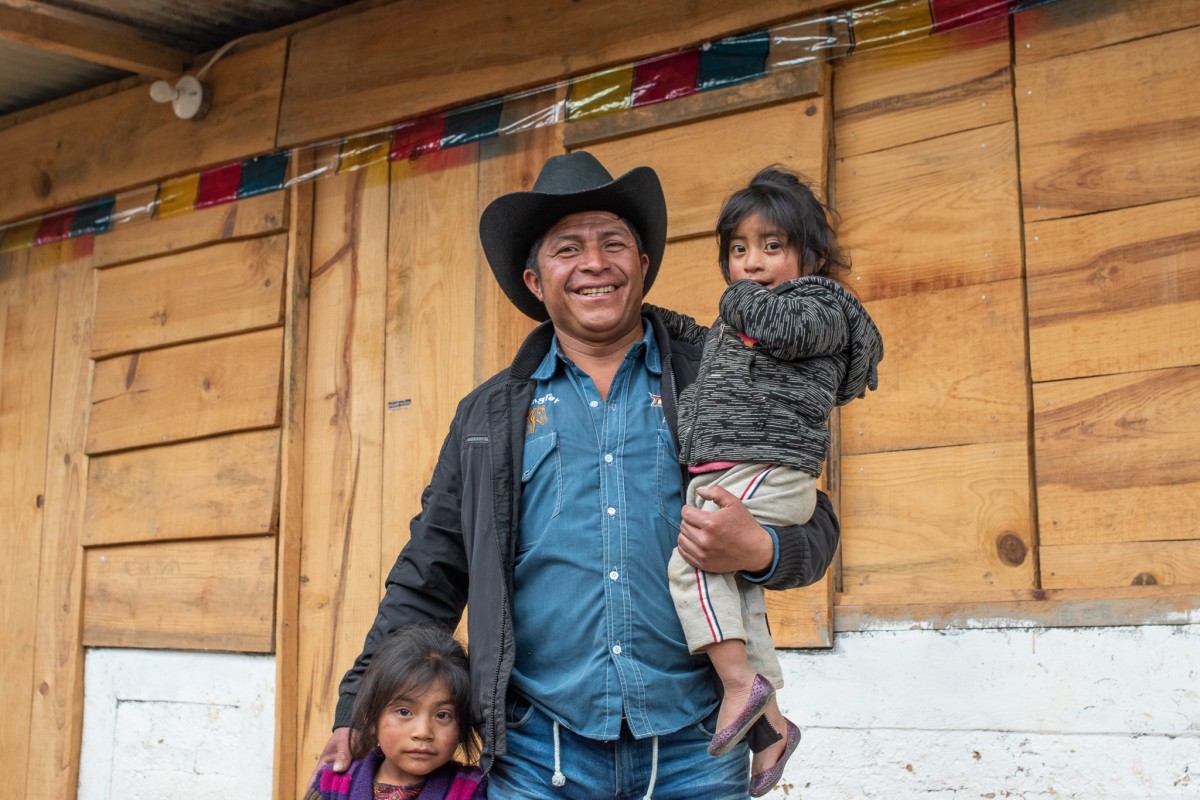
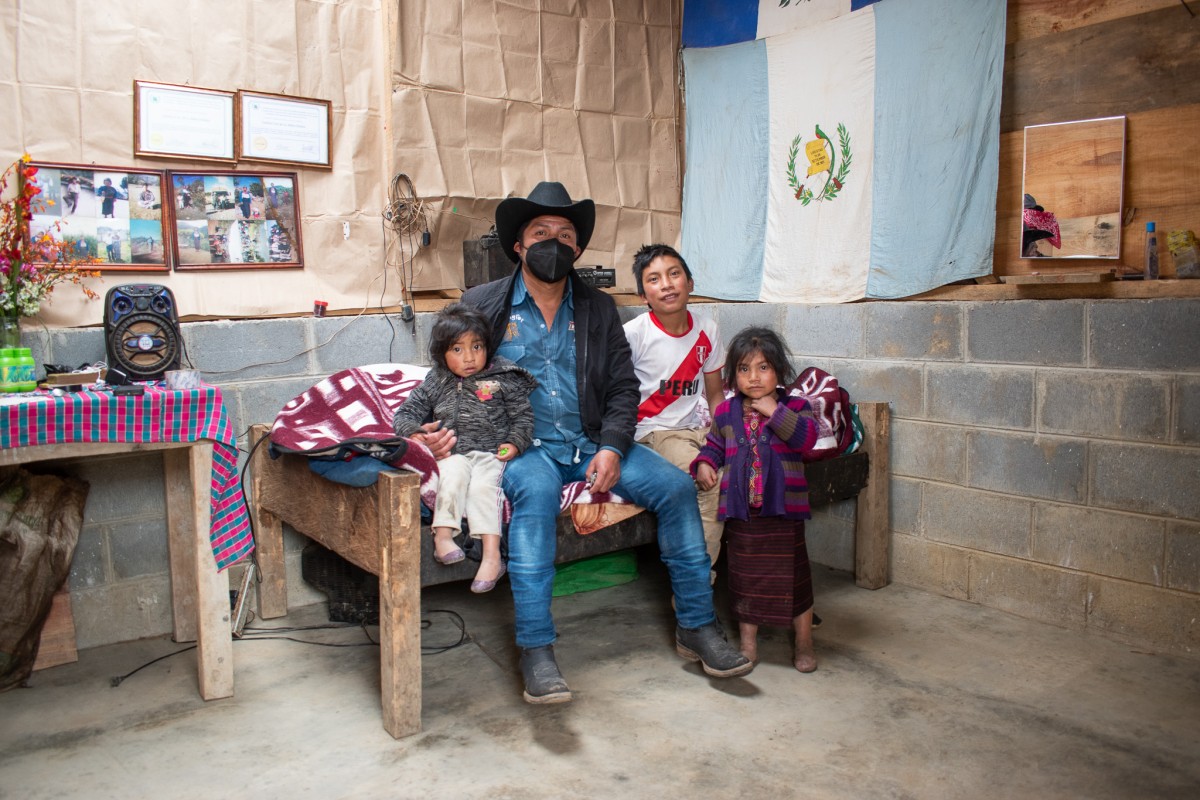
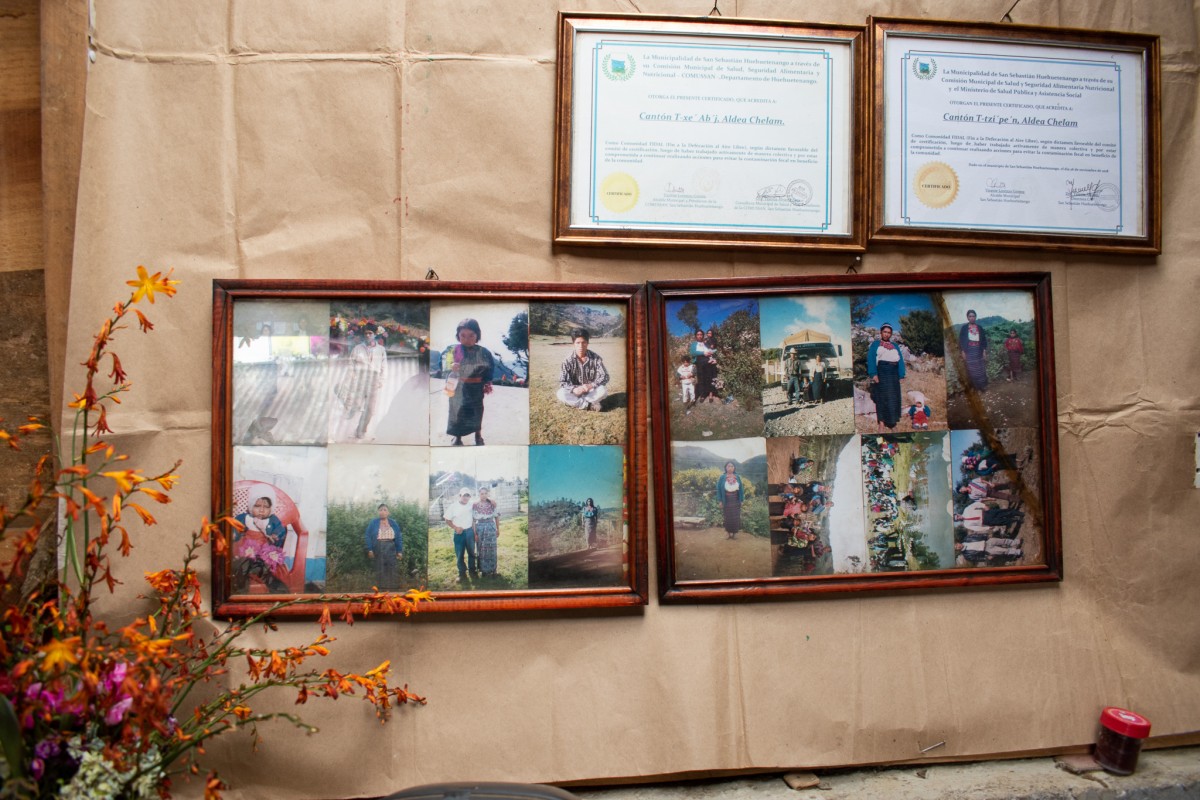
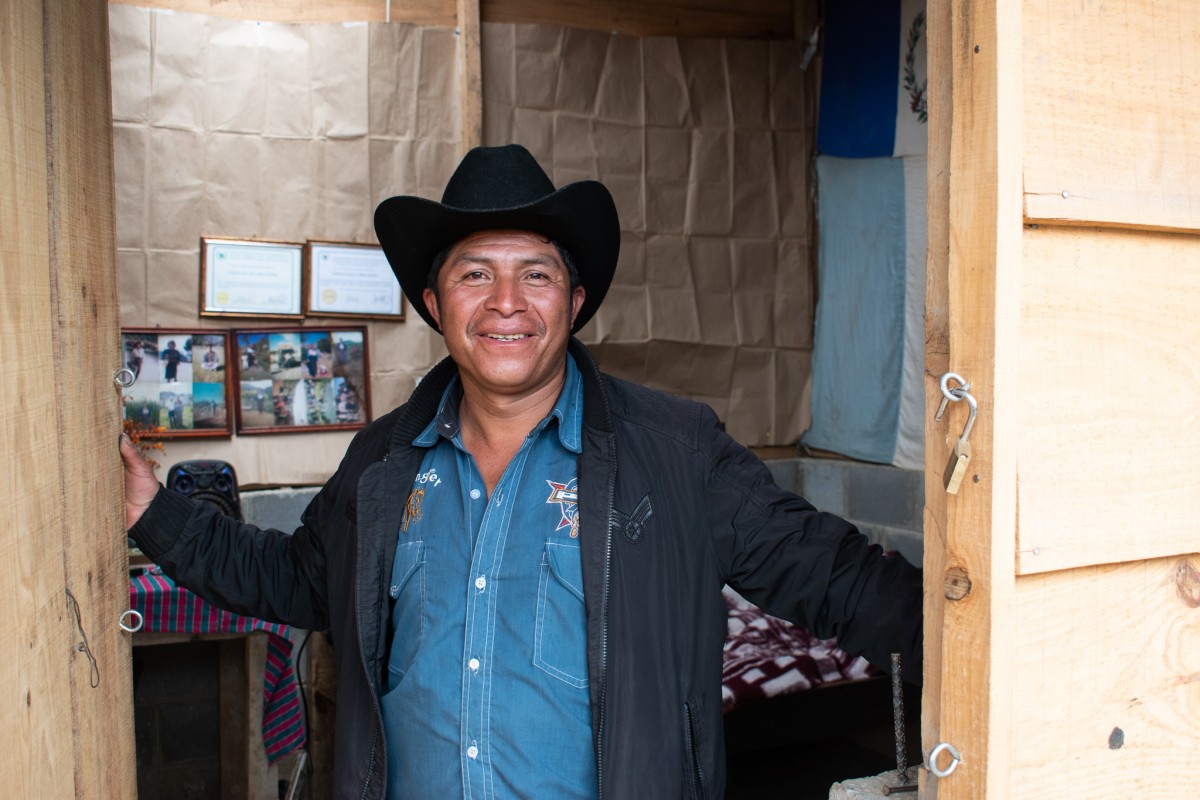
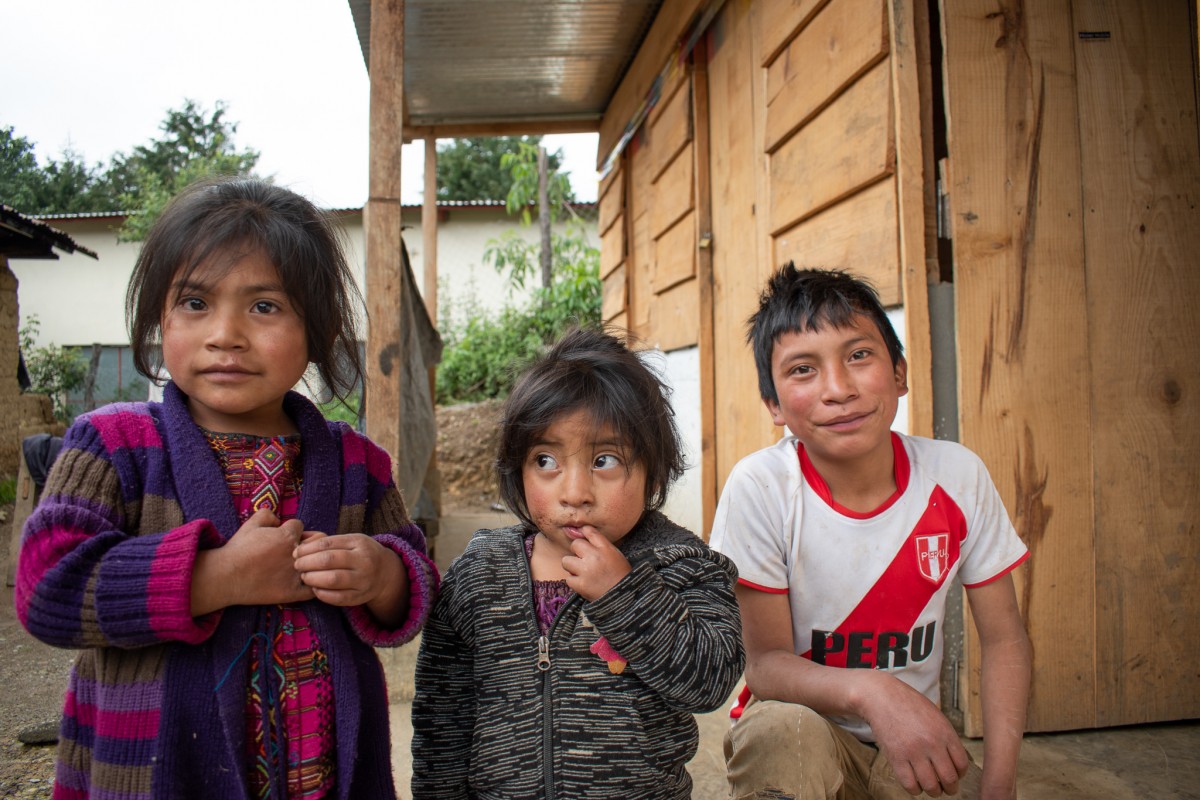
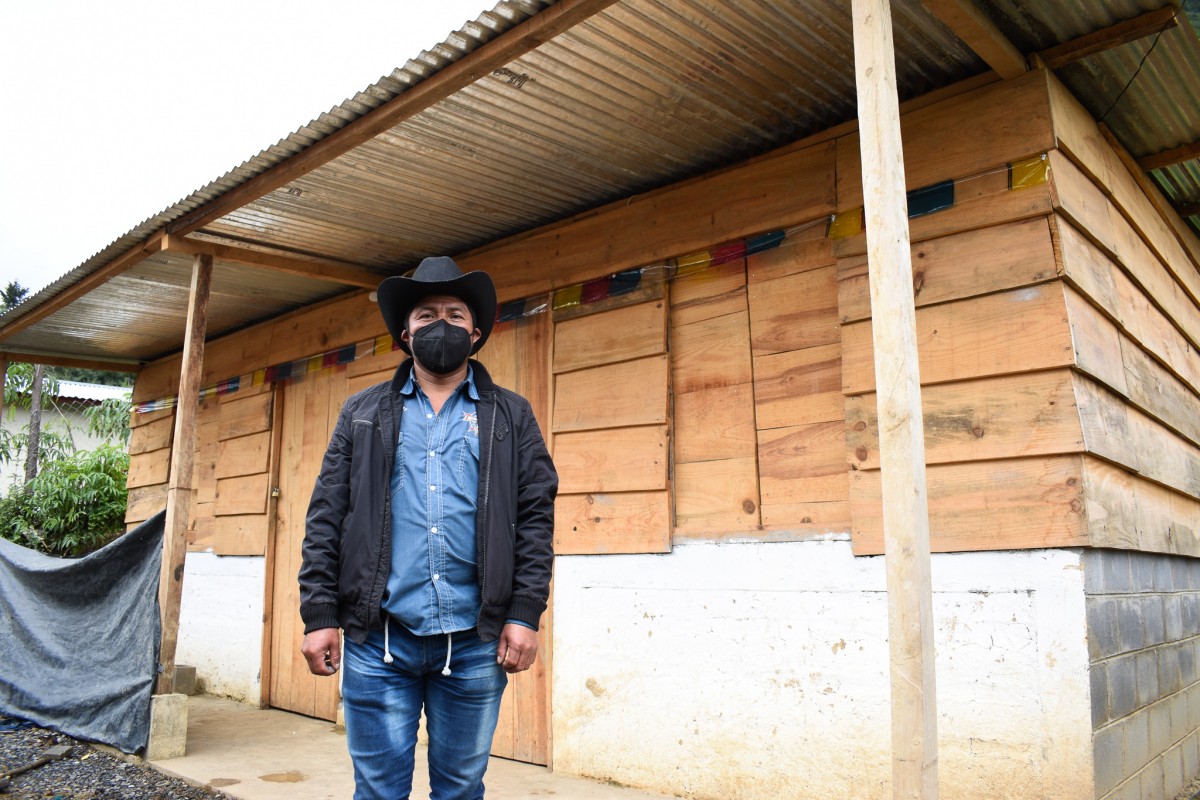
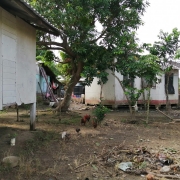 Both urgent and long-term needs arouse as the community was left inaccessible and received little to no outside support. Climate change events negatively impact families living in poverty and extreme poverty, as they lack the resources and capacity to adapt to environmental changes and natural disaster impacts.
Both urgent and long-term needs arouse as the community was left inaccessible and received little to no outside support. Climate change events negatively impact families living in poverty and extreme poverty, as they lack the resources and capacity to adapt to environmental changes and natural disaster impacts.